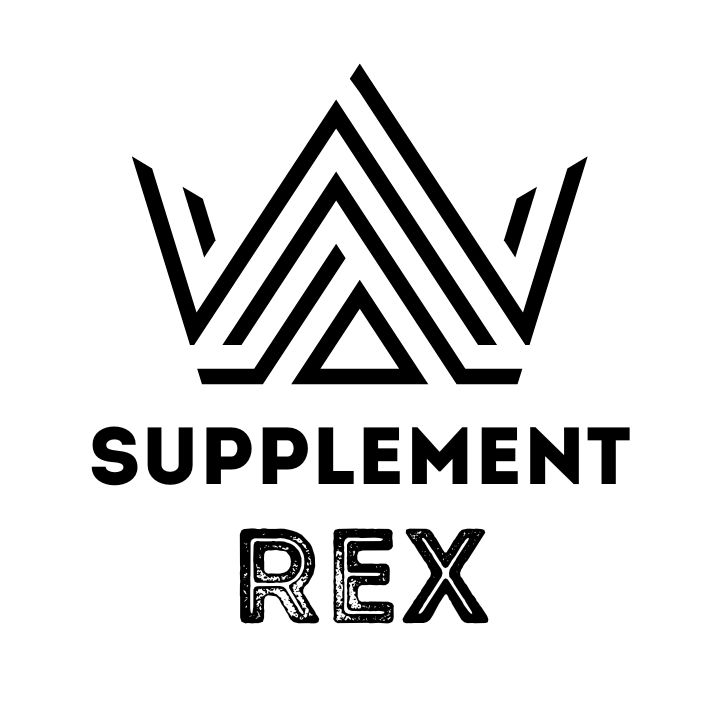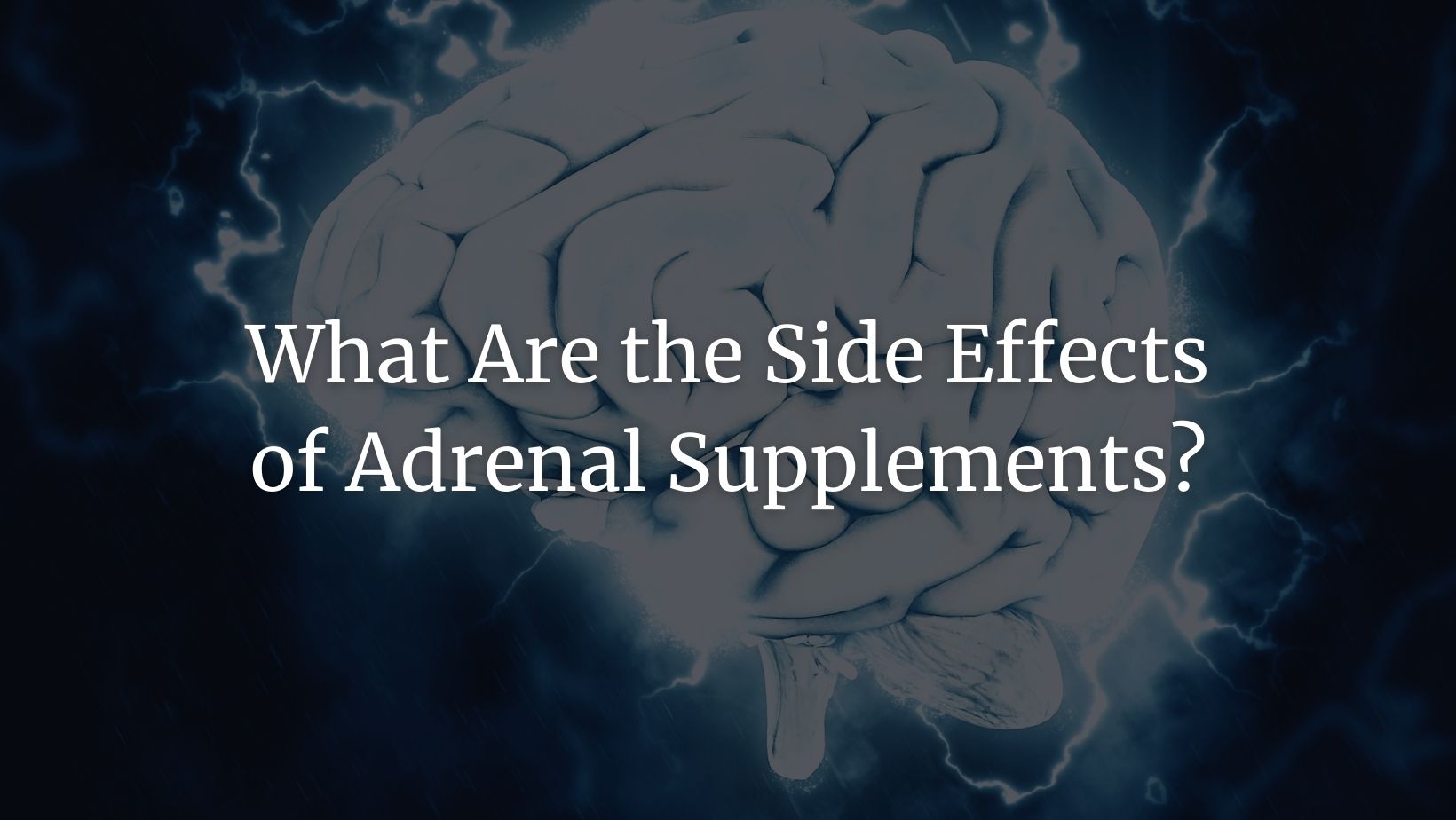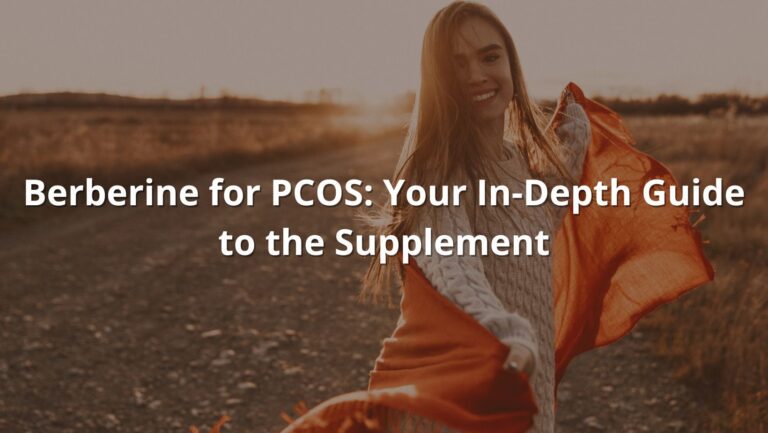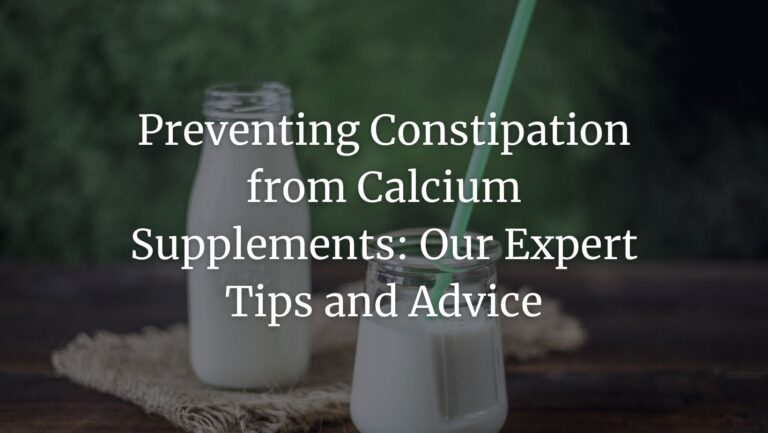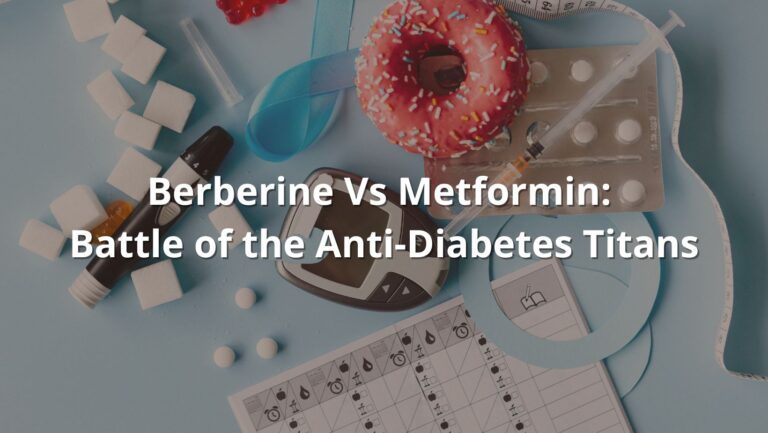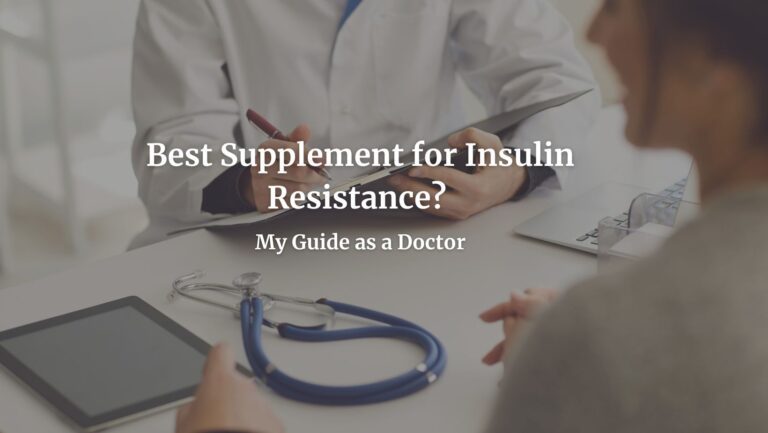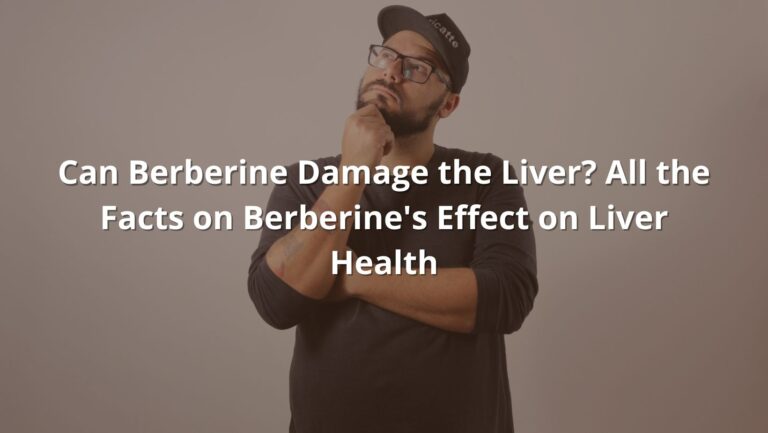What Are the Side Effects of Adrenal Supplements
Adrenal supplements are becoming increasingly popular as people look for ways to support their body’s stress response and maintain optimal energy levels. However, it’s essential to be aware of the potential side effects associated with these supplements. In this article, we will delve into the various types of adrenal supplements, their potential side effects, and how to use them safely.
Types of Adrenal Supplements
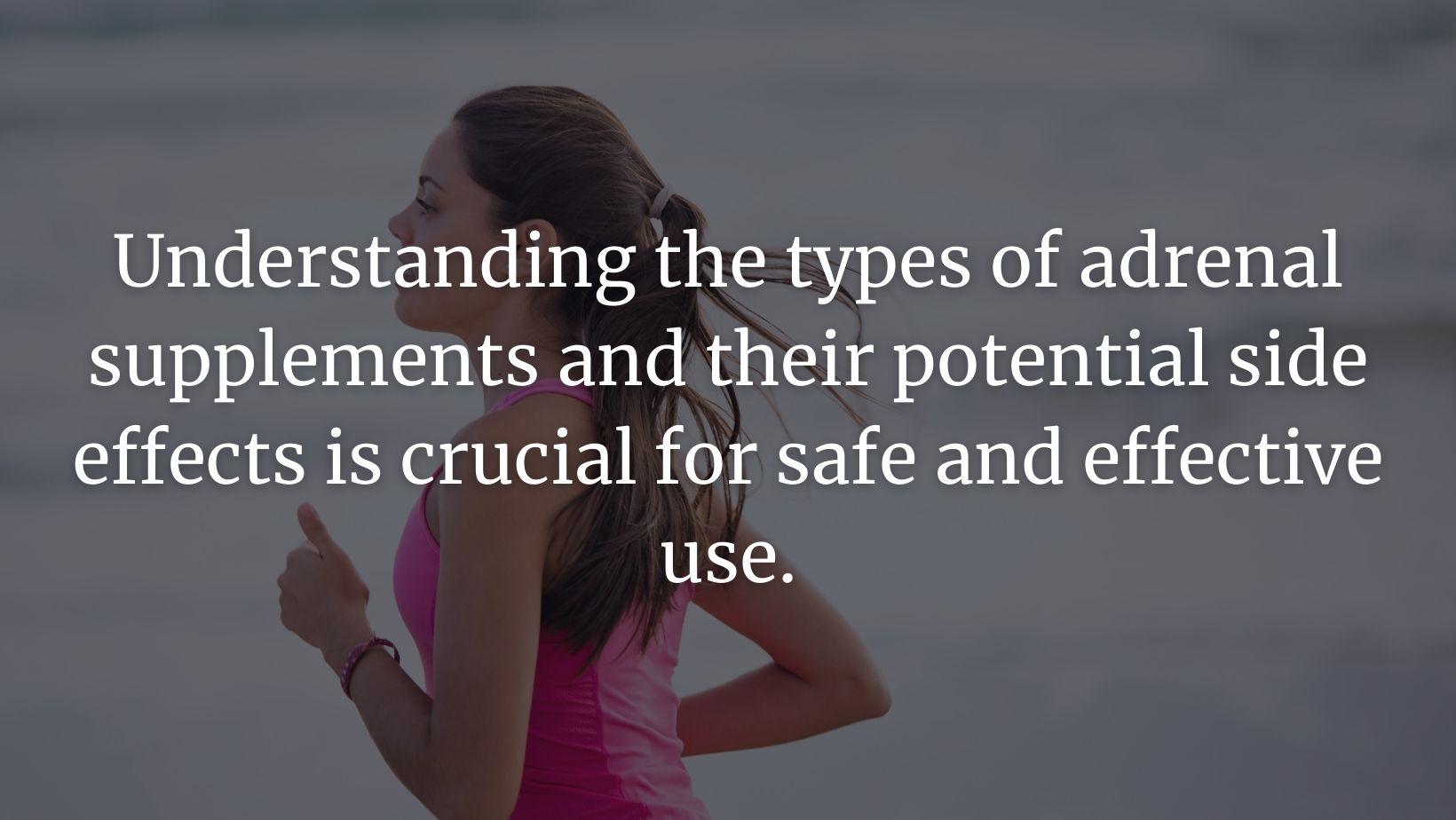

There are two primary categories of adrenal supplements: those that contain natural adrenal gland extracts and those that contain specific nutrients to support adrenal function.
- Adrenal Gland Extracts: These supplements are derived from the adrenal glands of animals, usually cows or pigs. They contain a mix of hormones and other compounds found naturally in the adrenal glands, such as cortisol, adrenaline, and DHEA.
- Nutrient-Based Adrenal Support: These supplements contain vitamins, minerals, and other compounds that support adrenal health. Common ingredients include vitamin C, B-complex vitamins, magnesium, ashwagandha, rhodiola, and licorice root.
Potential Side Effects of Adrenal Gland Extracts
When using adrenal gland extracts, it’s crucial to be aware of the potential side effects:
- Infections: Adrenal extracts come from animal sources, making them a higher-risk product for transmitting infections. In fact, the FDA has already issues a public warning about them, when over 80 patients developped an infection from taking an adrenal gland supplement.
- Hormone Imbalances: Since these extracts contain hormones, taking them can lead to imbalances in your body’s hormone levels. This can result in various symptoms, such as insomnia, anxiety, mood swings, or weight gain.
- Allergic Reactions: Some individuals may be allergic to animal-derived adrenal gland extracts, leading to symptoms like itching, hives, or difficulty breathing. If you experience any of these symptoms, discontinue use and consult a healthcare professional.
- Overstimulation: Adrenal gland extracts may cause overstimulation in some people, resulting in symptoms like rapid heartbeat, jitteriness, or increased anxiety. It’s essential to start with a low dose and monitor your body’s response.
Because of the high risk of infection with adrenal gland extracts, we recommend steering clear of them. While proponents claim they got a significant energy boost with these supplements, there are much safer ways to support your adrenal gland – namely, different nutrients that promote adrenal health without directly containing animal products. Let’s look at them next:
Potential Side Effects of Nutrient-Based Adrenal Support
Nutrient-based adrenal support supplements generally have fewer side effects than adrenal gland extracts. However, some potential issues may arise:
- Drug Interactions: Some ingredients in nutrient-based adrenal support supplements may interact with medications you’re taking. For example, licorice root can increase the effects of certain blood pressure medications, leading to dangerously low blood pressure.
- Gastrointestinal Issues: Some people may experience gastrointestinal side effects, such as bloating, gas, or diarrhea, when taking nutrient-based adrenal supplements. These side effects can often be mitigated by starting with a low dose and gradually increasing as your body adjusts.
- Overstimulation: As with adrenal gland extracts, some individuals may experience overstimulation when taking nutrient-based adrenal support supplements. This is particularly true for those containing adaptogenic herbs like ashwagandha or rhodiola. Again, starting with a low dose and monitoring your response is essential.
Now that you’re aware of the risks, let’s talk about some ways of reducing your chances of getting an adverse reaction:
How to Use Adrenal Supplements Safely
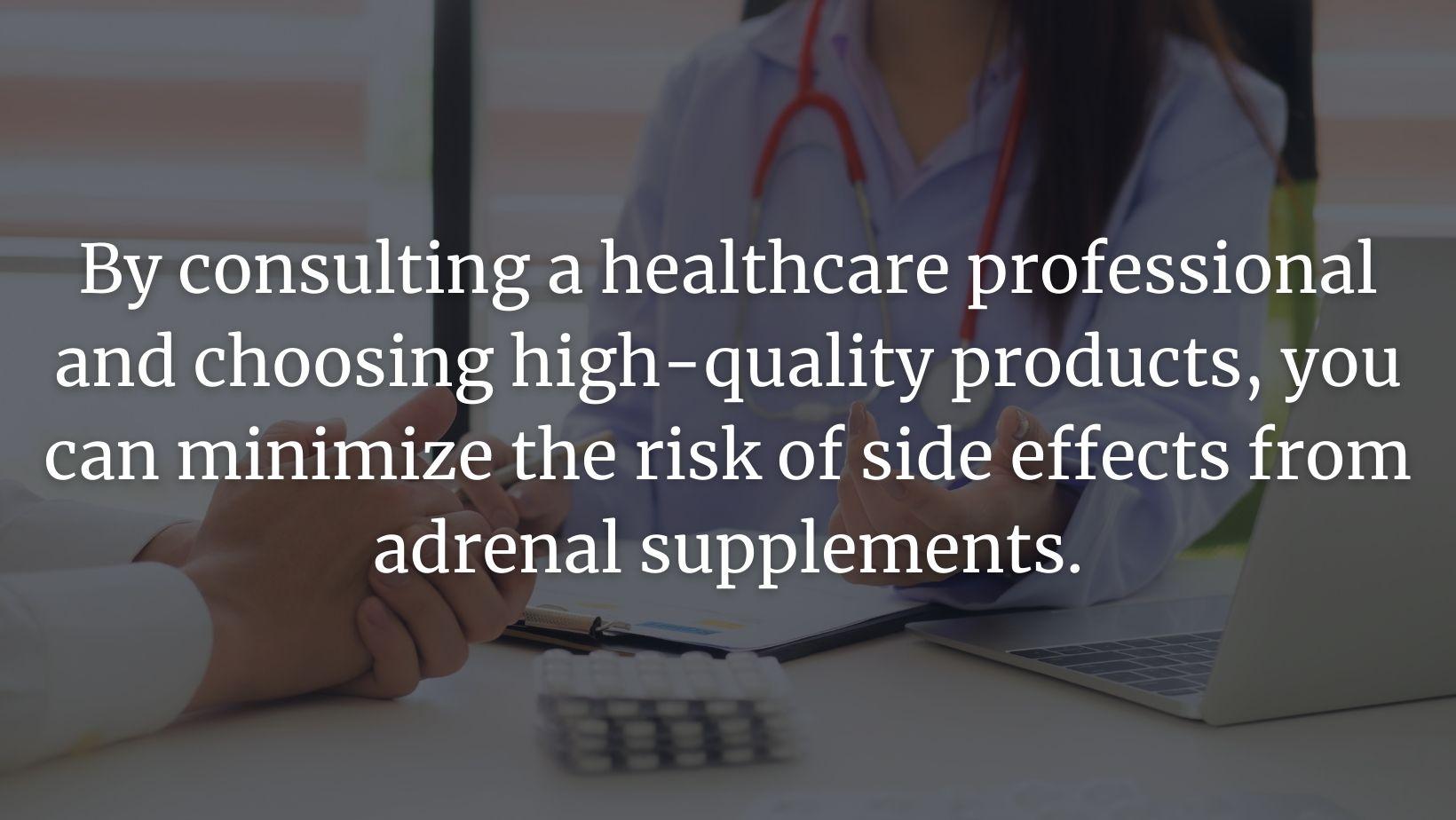

To minimize the risk of side effects when using adrenal supplements, follow these guidelines:
- Consult a Healthcare Professional: Before starting any new supplement, it’s essential to consult with a healthcare professional, particularly if you have existing health conditions or are taking medications.
- Start with a Low Dose: Begin with the lowest recommended dose and gradually increase as needed, paying close attention to your body’s response.
- Choose High-Quality Products: Opt for adrenal supplements from reputable manufacturers that adhere to strict quality control standards. Look for third-party testing and certifications to ensure product purity and potency.
- Monitor Your Response: Keep track of any side effects or changes in your symptoms while taking adrenal supplements. If you experience adverse reactions or worsening symptoms, discontinue use and consult with your healthcare professional.
- Follow the Manufacturer’s Instructions: Always follow the recommended dosing instructions provided by the manufacturer. Overdosing on adrenal supplements can increase the risk of side effects.
- Consider Lifestyle Changes: In addition to using adrenal supplements, implementing healthy lifestyle changes can help support your adrenal health. These may include regular exercise, stress reduction techniques, and a balanced diet rich in essential nutrients.
Conclusion


Adrenal supplements can offer valuable support for those dealing with chronic stress or fatigue. However, it’s important to be aware of the potential side effects associated with these products, particularly when using adrenal gland extracts. By following the guidelines outlined above, you can safely use adrenal supplements to support your body’s stress response and overall health.
References
- Mayo Clinic. (2018). Adrenal fatigue: What causes it? Retrieved from https://www.mayoclinic.org/diseases-conditions/addisons-disease/expert-answers/adrenal-fatigue/faq-20057906
- Patak, P., Willenberg, H. S., & Bornstein, S. R. (2004). Vitamin C is an important cofactor for both adrenal cortex and adrenal medulla. Endocrine Research, 30(4), 871-875. DOI: 10.1081/ERC-200044126
- Head, K. A., & Kelly, G. S. (2009). Nutrients and botanicals for treatment of stress: adrenal fatigue, neurotransmitter imbalance, anxiety, and restless sleep. Alternative Medicine Review, 14(2), 114-140.
- Panossian, A., & Wikman, G. (2010). Effects of adaptogens on the central nervous system and the molecular mechanisms associated with their stress—protective activity. Pharmaceuticals, 3(1), 188-224. DOI: 10.3390/ph3010188
- Isbrucker, R. A., & Burdock, G. A. (2006). Risk and safety assessment on the consumption of Licorice root (Glycyrrhiza sp.), its extract and powder as a food ingredient, with emphasis on the pharmacology and toxicology of glycyrrhizin. Regulatory Toxicology and Pharmacology, 46(3), 167-192. DOI: 10.1016/j.yrtph.2006.06.008
